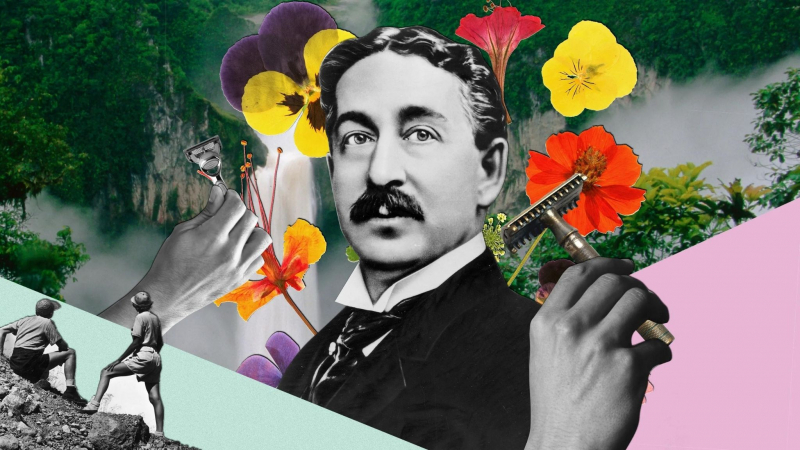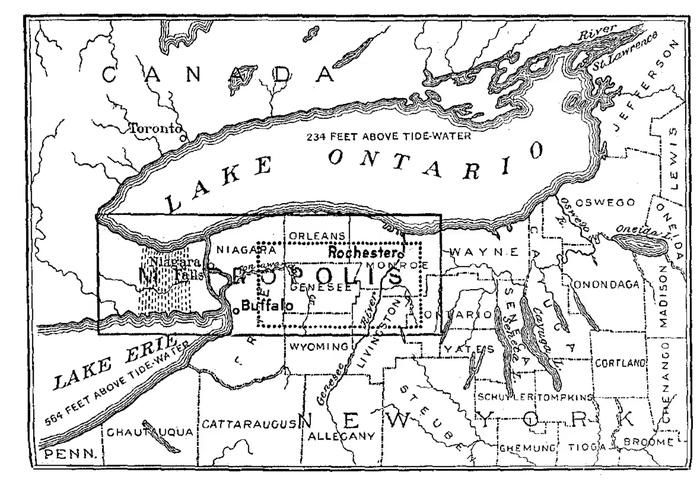Gillette found utopia
Before perfecting his creation of the safety razor and establishing what would later grow to be a significant American industrial and sales enterprise, Gillette wrote several books and pamphlets advocating for fundamental reforms in the economic and social structure of the nation. Gillette transferred his attention to publishing books, in which he disseminated his thoughts on utopian socialism after he resigned from active engagement in his business in 1913 (although he remained president until 1931). Gillette's books included The Ballot Box (1897), World Corporation (1910), and The People's Corporation in addition to The Human Drift (1894). (1924). His opinions were also covered in two additional publications by Melvin L. Severy, Gillette's Social Redemption (1907) and Gillette's Industrial Solution (1908).
For optimal effectiveness and water supply, Gillette also planned a "Utopian city," or "Metropolis," that would be situated close to Niagara Falls. There would be millions of people living in enormous apartment complexes. Because of the way the dwelling is set up, there wouldn't be many routine daily tasks. Economic competition wouldn't exist because there would be "universal cooperation".
While some of Gillette's proposals, including government-provided employment for the unemployed, have come to pass, his ideas for a "World Corporation" and "Metropolis" have not. His intriguing economic and political theories have all but been forgotten since the world was more interested in the clean, close, safe shaves that Gillette's razors provided.











